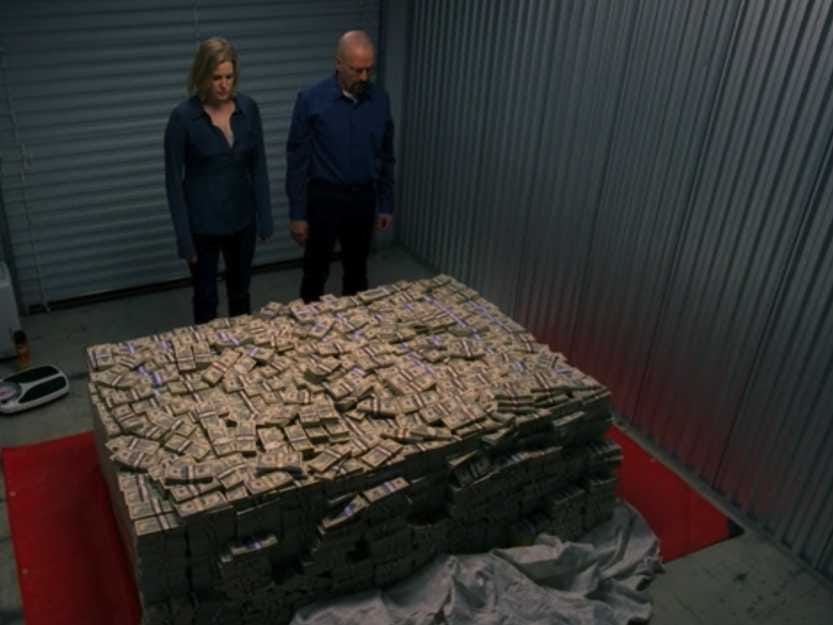This AM, read several articles about the Swiss Banks... Read them twice, and still don't understand how this works.
Obviously some big changes as the articles mentions "macro derivatives", but how important? Is this just an adjustment, as in devaluation? ...
Looking for something that makes this a little simpler for financially ignorant folk like me, to understand.
Obviously some big changes as the articles mentions "macro derivatives", but how important? Is this just an adjustment, as in devaluation? ...
Looking for something that makes this a little simpler for financially ignorant folk like me, to understand.


